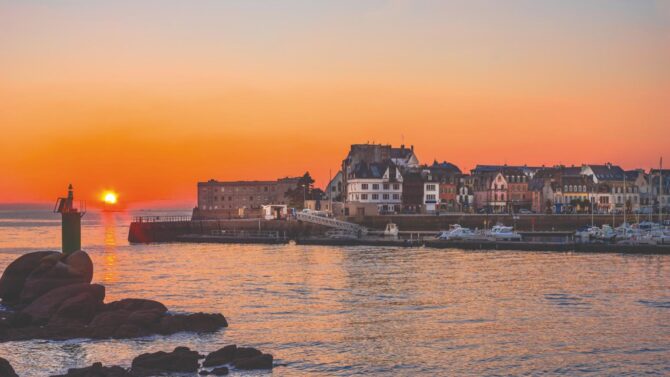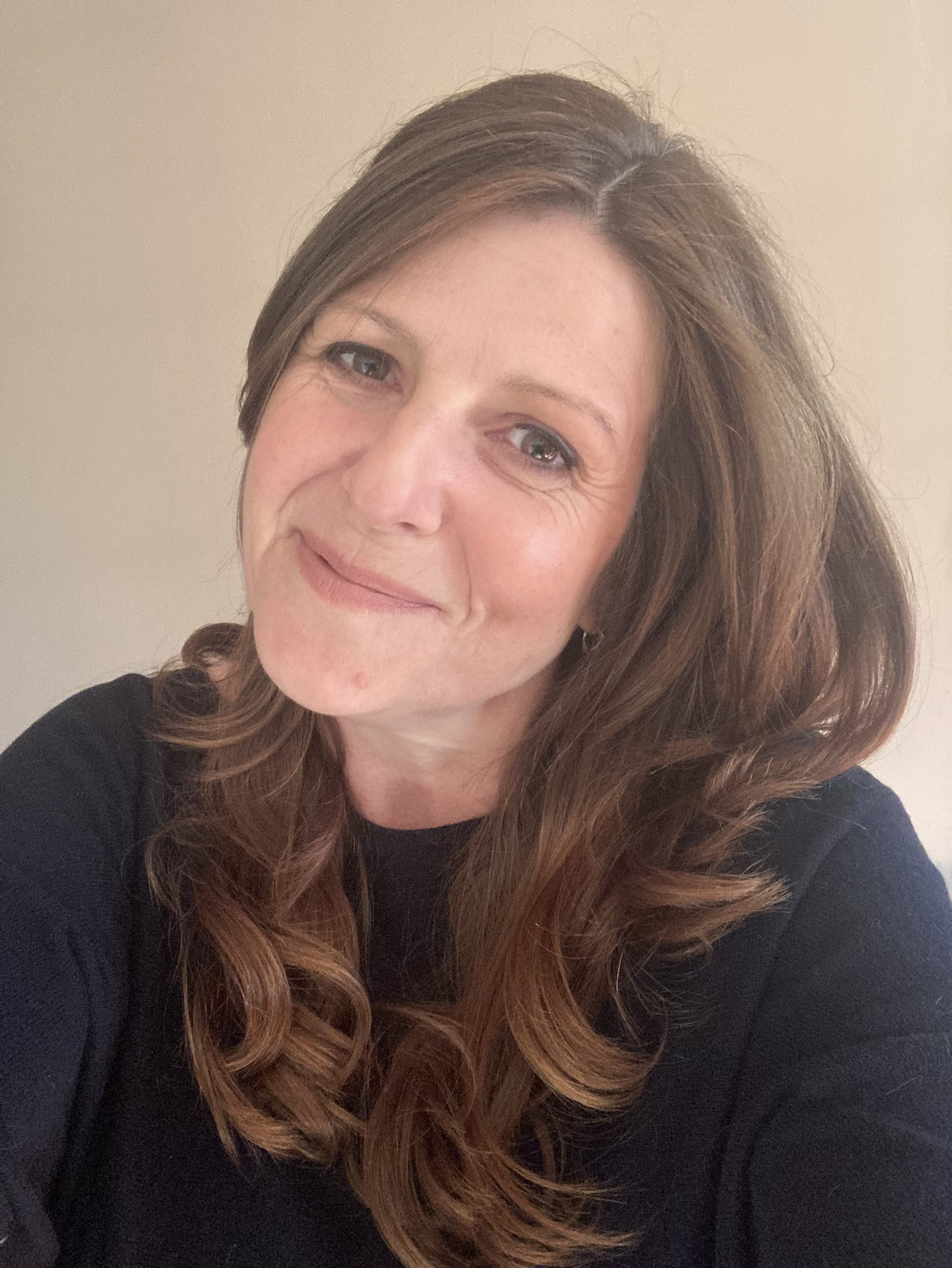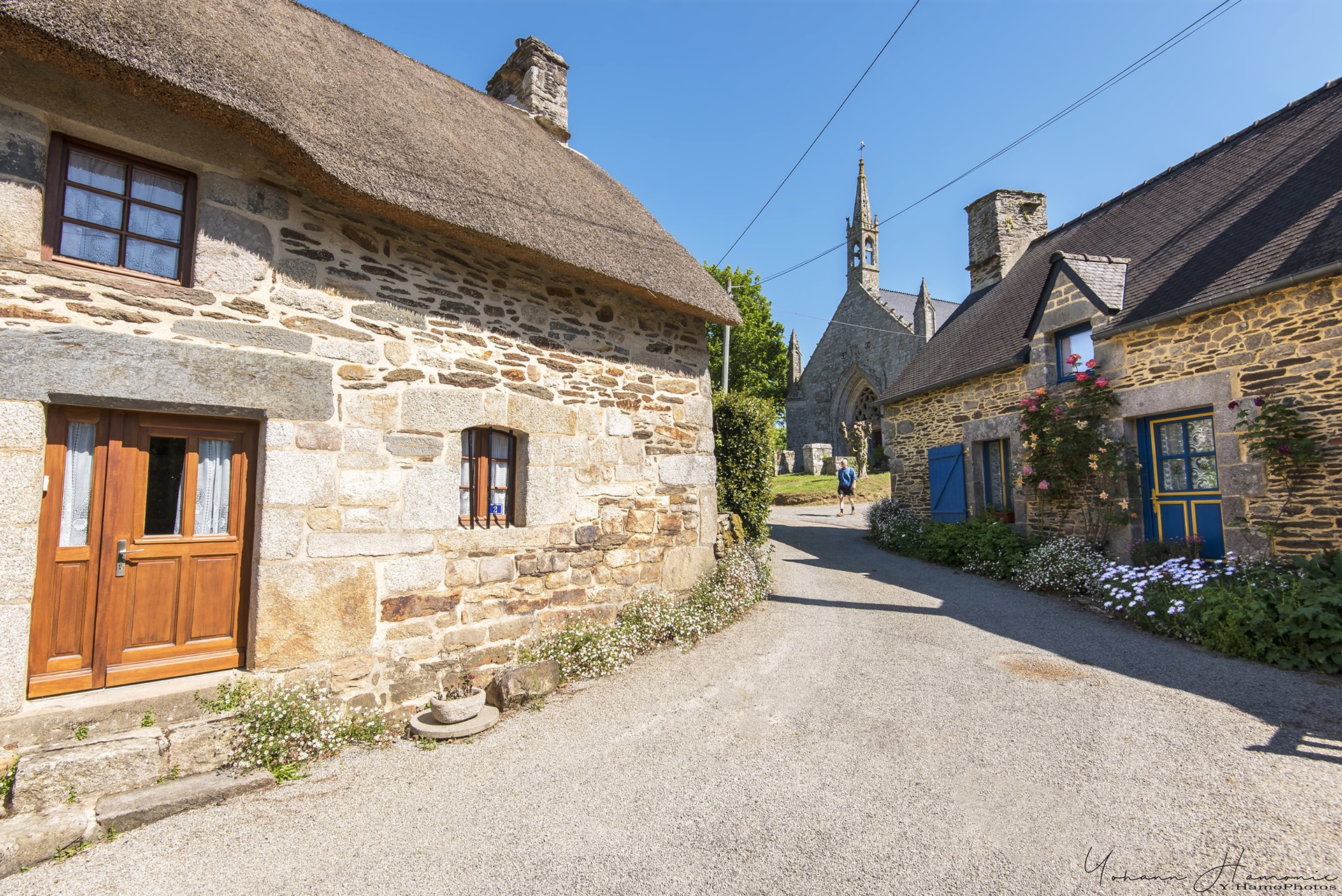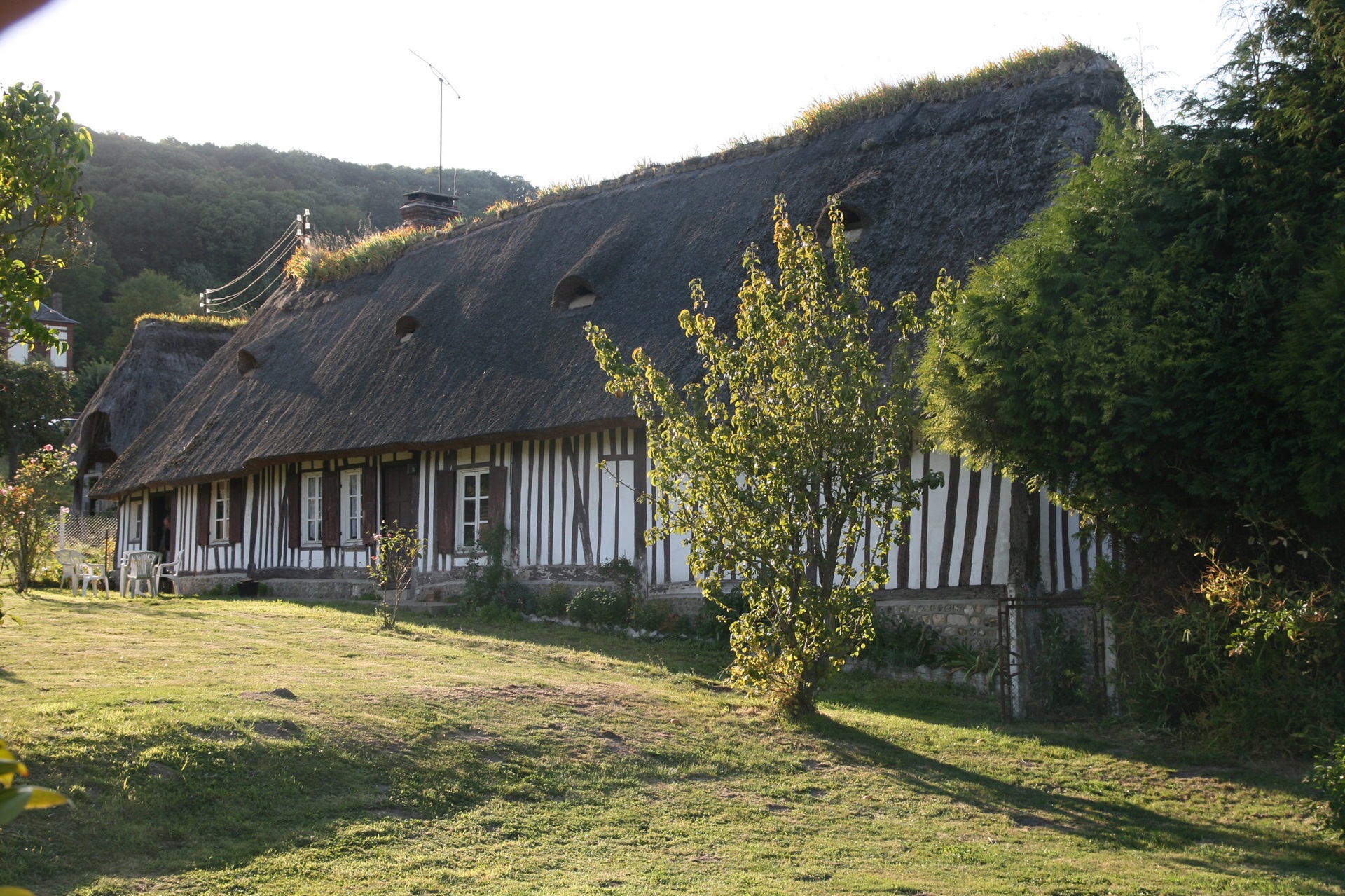Interview with a French estate agent: Dan Newton


Karen Tait speaks to estate agent Dan Newton to find out what his area of Brittany has to offer property buyers…

Photo: Dan
How long have you worked as an estate agent in France and how did you start out in the profession?
I’ve worked in real estate in France since 1986; I started off with my parents in a company called Savoir-Faire Find & Renovate. In those days, we had the status of ‘intermediary between notaries and foreign buyers’ as well as being maître d’oeuvre for the renovation side, where we managed a team of local artisans and cumulated about 400 renovation projects from adding bathrooms to cottages through to full renovation of manor houses and gîte complexes. My parents called it a day in 1996 and I went to work for a traditional estate agent here, before getting my own license in 2006.
Which areas of France do you and your agency cover?
The agency started in the heart of Brittany and has developed to cover 19 departments, from Lower Normandy and Brittany down through the Limousin and Périgord regions to the Nouvelle-Aquitaine/Occitanie borders. Basically, the western half of France. I personally take care of the Prestige Branch in Brittany, our new extension to the agency.
Describe the Brittany region in five words
Coastal, green, varied, legends and active.
What is the appeal of your area?
Brittany accounts for a third of mainland France’s coastline and this can vary from long sandy beaches, discreet hidden estuaries or rugged rocky cliffs. They say that in Brittany you are never more than an hour from the coast. Inland Brittany is lovely too, with lots of forests, rivers, characterful villages, castles and manor houses, not forgetting its palaeolithic sites.
What’s your favourite corner of the region?

Photo: Yohann Hamonic/Flickr
If I had to choose one of the many, it would be the village of St-Nicolas-des-Eaux in the Blavet valley – the Blavet river runs from Lorient up to Pontivy. The village itself is built along the river and has a choice of bars and restaurants for cool summer evenings after a walk or cycle along the towpath.
Is Brittany easy to reach from the UK?
Very easy. There are two ferry ports: Roscoff with sailings to Plymouth and St-Malo to Portsmouth, plus Caen is only two hours away. You have Rennes and Nantes international airports, as well as several smaller airports with flights to the UK and Ireland.
Who would the area suit?
Everyone’s needs are different, but if you are looking for a region where you are within easy reach of the coast for swimming, surfing and sailing; great countryside for walking, cycling and riding; if you want to live in the countryside, but less than 30 minutes from a major town; if you like a laidback way of life with good seafood restaurants at reasonable prices, then yes, Brittany is a good place to be – whether you want to move here, or just have a holiday home. They say that if you buy a holiday home here, you’ll end up relocating permanently!
What are the most desirable locations in Brittany?
Prices anywhere are relative to the employment centres, i.e. the big towns and cities. All of Brittany’s major towns, except Rennes, are along the coast. If you add to that the attraction of having a house near the sea, it results in prices varying hugely over a short distance. So, where you can find a liveable three- bedroom house for €150,000 in central Brittany, you will need to add a zero for a coastal village only 45 minutes away!
Are there any less-well-known places people might miss?
Due to the peninsular shape of Brittany and the reasons mentioned earlier, I would say there aren’t any hidden spots as such. Saying that, if you are looking for a coastal property without too many tourists, then I would search south of Quimperlé, between Lorient and Concarneau. And if I was looking inland, I would definitely look around Pontivy as it is a reasonably priced area with all the necessary shops.
What kinds of properties will buyers find?

Photo: Alexis/Flickr
The typical Breton home is what we call a longère or literally a longhouse. These are principally built of locally quarried granite with slate roofs. I often imagine that a family built a cottage, then got some animals, so added a barn in line with the house, then the family grew so they extended on the other end of the house; then more animals so another barn, and so on. Some longères resemble a terrace of houses they are so long!
What could people buy for a budget of:
- Under €100,000: You can find small ‘liveable’ cottages in central Brittany for this price; they might need some TLC, but they’re perfectly good for holiday homes.
- €100,000-€250,000: In central Brittany this is our main price bracket, and there’s lots of choice. At the higher end, we have a 17th-century house with a one-bedroom gîte, outbuilding and 4.5 acres
- €250,000-€500,000: Inland, this gives you a choice of some really nice properties – small renovated manor houses, or gîte complexes with three to five gîtes as well as the main house
- €500,000-€750,000: As you move closer to the coast and the main towns, prices increase, but towards the southern coast we have a large house with five bedrooms and a three- bedroom gîte as well as a covered heated pool.
- €750,000-€1m: This will find you anything from a small château inland to a spacious home in a town, or a reasonable two/three-bedroom house on the coast.
- Over €1m: This brings you into the realms of executive townhouses in the main cities (Rennes, Vannes, Brest, Quimper, Morlaix and St-Brieuc) or fully renovated Renaissance châteaux, which start around this price and go up to about €4m depending on location.
What’s the cheapest property on your books right now?
We have a stone barn for complete renovation with a haybarn and quarter-acre of land at €14,000.
What’s the most unusual property you have sold?
That’s a hard question to answer – with over 35 years in the business and hundreds of sales of ‘normal’ houses, I have grown a preference for unusual property these days. The two that stand out are a three-room windmill in the woods near Redon, and an 82-room abbey that has been converted into a hotel near the northern coast.
Of the properties on your books at the moment, which one would be your dream home?
At the moment I’d have to say the 15-room renovated château in the Haute-Vienne for sale at €1.4m, but I do admit to having controlled delusions of grandeur! And besides it’s not the right area for me. That will no doubt change in the near future as we are launching a prestige side to the agency.
What advice would you give to somebody thinking of buying in your area?
If they were looking in Brittany in general, I would concentrate on the triangle formed by Quimperlé and Vannes on the coast and Loudéac in the centre. I find this is quite an opulent area, with great countryside and the best weather in Brittany. There is a good choice of properties in all price brackets.
What tips would you give to help people settle into life in the area?
Most villages in France are very community based, so integrating is important. You don’t have to go all out, you don’t have to join every local club, just remember that common courtesy is still very much alive. Say “bonjour” to the people you meet, or when you are out walking; use your local shops, baker’s and bars; but most importantly, however limited your French is, please use it. If you only know bonjour, non and oui, use them where you can. As the French always say to foreigners trying to speak the language, “we laugh with you, not at you”.
What are your predictions for the local property market?
We have just come out of a very active vendors’ market, mainly thanks to the French banks overzealously tightening down on finance; a lot of potential French buyers suddenly found they were no longer eligible
for that loan the bank had promised. This has led to a drop in prices of around 5%, but I don’t think they will drop any further due to the banks.
In France, loans are based on the property, rather than the person, thus if you wish to sell and buy something else, you need to pay off the bank with your sale for the first loan, then renegotiate another loan for the next one, and the banks very rarely accept taking a loss over a short period. Thus, market prices can’t drop as drastically as they can in other countries.
Dan Newton is director and co- founder of Agence Newton
Tel: 0033 (0)2 22 44 40 80
Looking for more French property advice?
The unique mix of legal, financial and tax advice along with in-depth location guides, inspiring real life stories, the best properties on the market, entertaining regular pages and the latest property news and market reports makes French Property News magazine a must-buy publication for anyone serious about buying and owning a property in France.
Lead photo credit : Photo: Shutterstock
Share to: Facebook Twitter LinkedIn Email
More in Brittany, estate agent, french property



